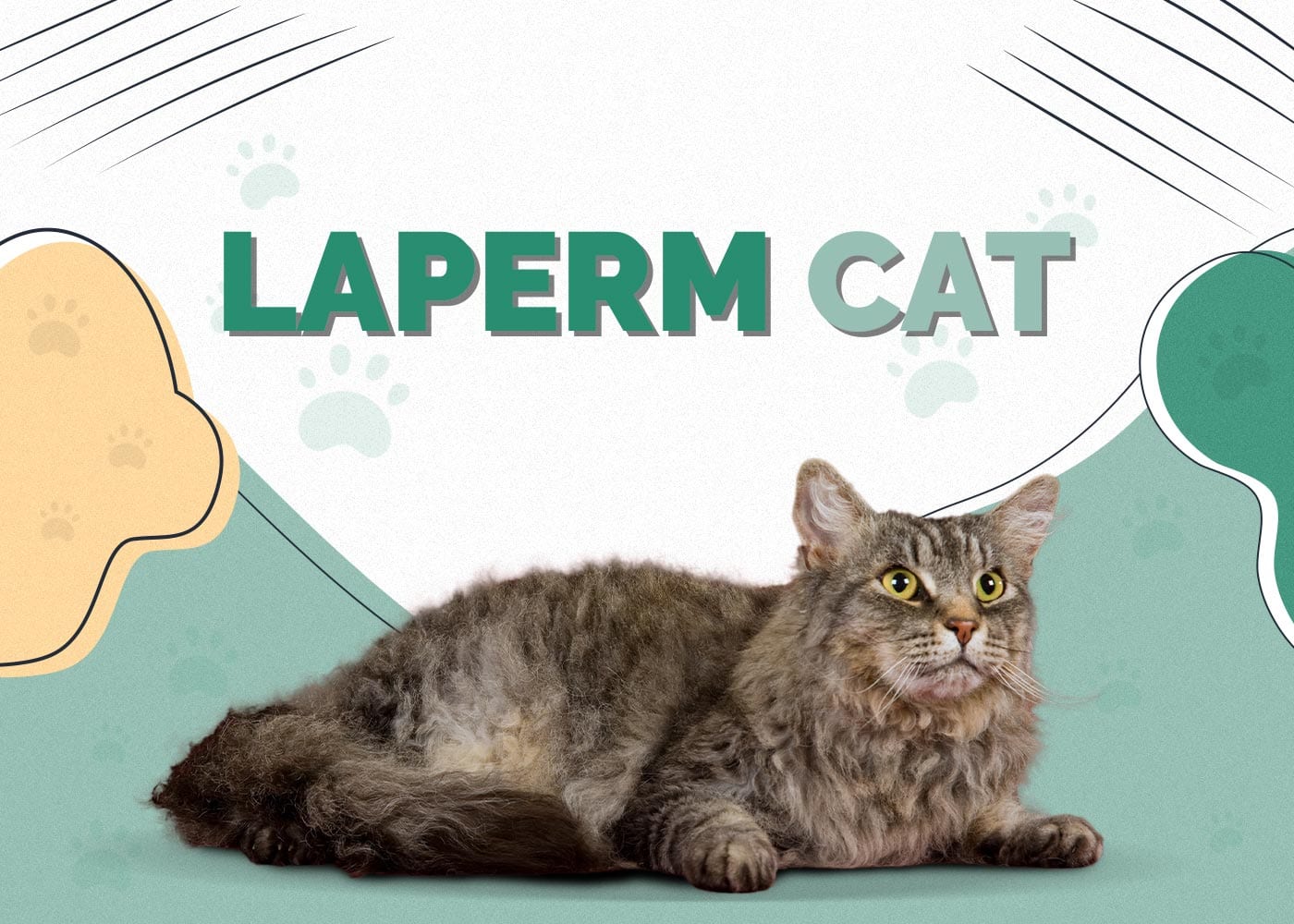Siamese Cat: Complete Guide, Traits, Training, Care, and Choosing Tips (With Pros, Cons, and Price)
Introduction
The Siamese cat is one of the most elegant, affectionate, and talkative cat breeds in the world. Known for their striking blue almond-shaped eyes, sleek body, and social nature, Siamese cats are a favorite for families, singles, and seniors alike. In this comprehensive guide, we will explore everything you need to know about the Siamese cat—including their characteristics, training tips, care needs, how to choose one, and the pros and cons of ownership.
Siamese Cat Profile
- Breed Name: Siamese
- Origin: Thailand (formerly Siam)
- Lifespan: 12 to 20 years
- Weight: 6 to 14 pounds
- Coat Type: Short, fine
- Colors: Seal point, chocolate point, blue point, lilac point (and more variations)
- Eye Color: Deep blue
- Temperament: Intelligent, affectionate, vocal, social
- Good for Families: Yes
- Hypoallergenic: No (but low shedding)
History and Origins
The Siamese cat hails from Thailand and is one of the oldest recognized breeds of domesticated cats. They were once sacred temple cats and have been depicted in ancient manuscripts. The breed was introduced to the Western world in the late 19th century and quickly became a sensation due to their unique appearance and charming personalities.
Physical Characteristics
1. Appearance
Siamese cats have a sleek, slim, and athletic body. Their head is wedge-shaped with large ears and a long, graceful neck. Their short coat highlights their elegant features.
2. Coat and Colors
Siamese cats are famous for their “pointed” coloration, which means darker fur on the face, ears, paws, and tail. The rest of the body is lighter in color. The most recognized point colors include:
- Seal Point: Dark brown points
- Chocolate Point: Milk chocolate points
- Blue Point: Grayish-blue points
- Lilac Point: Pale gray points
3. Eyes
Their deep blue, almond-shaped eyes are captivating and are one of their most distinctive traits.
Personality and Temperament
Siamese cats are not your typical quiet, aloof felines. They are vocal, energetic, affectionate, and demand attention. They form strong bonds with their humans and can suffer from separation anxiety if left alone for long periods.
- Vocal: They “talk” with a loud, raspy voice and expect you to respond.
- Affectionate: They love cuddles and are often lap cats.
- Intelligent: They are quick learners and can be trained to do tricks.
- Playful: Even into adulthood, Siamese cats retain kitten-like energy.
How to Train a Siamese Cat
Siamese cats are highly intelligent and responsive to training if done positively and consistently. Here’s how you can train them:
1. Litter Training
Most Siamese kittens come already litter-trained from breeders. If needed:
- Use a clean, accessible litter box
- Gently place the kitten in the litter box after meals and naps
- Reward successful use with praise or treats
2. Basic Commands
Teach simple commands like “come,” “sit,” or even fetch:
- Use a clicker and treat-based reward system
- Practice short sessions (5–10 minutes)
- Repeat consistently and be patient
3. Discourage Biting and Scratching
Redirect undesirable behavior using toys or scratching posts. Never yell or hit; instead, use firm “No” commands and distractions.
How to Care for a Siamese Cat
Proper care ensures your Siamese cat lives a long and healthy life. Here’s what to focus on:
1. Diet and Nutrition
- High-quality cat food rich in protein
- Avoid free-feeding; stick to portion-controlled meals
- Fresh water should always be available
2. Grooming
- Short coat = low maintenance
- Weekly brushing keeps their coat glossy
- Clean their ears and eyes occasionally
- Brush their teeth to prevent gum disease
3. Health Care
Common health concerns include:
- Respiratory issues in kittens
- Dental problems
- Amyloidosis (a liver-related condition)
- Progressive retinal atrophy (PRA)
Annual vet checkups, vaccinations, and parasite prevention are essential.
4. Exercise and Enrichment
- Provide climbing trees, puzzle toys, and interactive playtime
- They love feather toys and laser pointers
- Mental stimulation is key to avoid boredom
How to Choose a Siamese Cat
When looking to bring a Siamese cat into your home, consider the following:
1. Adopt or Shop Responsibly
- Visit shelters or breed-specific rescues
- If buying, choose a reputable breeder with health-tested parents
- Ask for health certificates and vaccination records
2. Check Temperament
- A kitten should be curious, not overly shy
- Observe interaction with littermates and humans
3. Understand the Commitment
- Siamese cats live 15+ years
- They need daily social interaction and stimulation
4. Choose the Right Point Color
While point color is mostly aesthetic, you may have a preference for a seal, chocolate, blue, or lilac point cat.
Pros and Cons of Owning a Siamese Cat
Pros
✅ Highly affectionate and loyal
✅ Intelligent and trainable
✅ Low shedding and easy to groom
✅ Entertaining personality
✅ Good with families and other pets
Cons
❌ Very vocal—can be too noisy for some
❌ Needs a lot of attention—not ideal for busy owners
❌ Can suffer separation anxiety if left alone
❌ Prone to certain genetic health issues
❌ Can be overly curious—need cat-proofing
Price of a Siamese Cat
The cost of a Siamese cat can vary based on lineage, breeder reputation, and geographic location.
| Type | Estimated Price (USD) |
|---|---|
| Shelter Adoption | $75 – $200 |
| Pet Quality Kitten | $400 – $1,000 |
| Show/Breeding Line | $1,200 – $2,500+ |
| Rare Color Variants | $1,500 – $3,000+ |
Additional costs include:
- Initial supplies: $100 – $300
- Veterinary care: $200 – $500 per year
- Food and litter: $30 – $50/month
- Toys and enrichment: $50 – $150 annually
Is a Siamese Cat Right for You?
A Siamese cat might be the perfect match for you if:
- You’re looking for an interactive, affectionate pet
- You enjoy a “talkative” companion
- You work from home or have plenty of time for bonding
However, if you prefer quiet, independent pets or are frequently away from home, this breed may not be ideal.
Conclusion
The Siamese cat is a remarkable breed that combines intelligence, beauty, and personality in a way few other cats can. While their vocal and social nature may not suit every lifestyle, those who welcome a Siamese into their homes often find a deeply rewarding and lifelong bond. With proper care, love, and engagement, a Siamese cat will not only be your pet—but your best friend.




